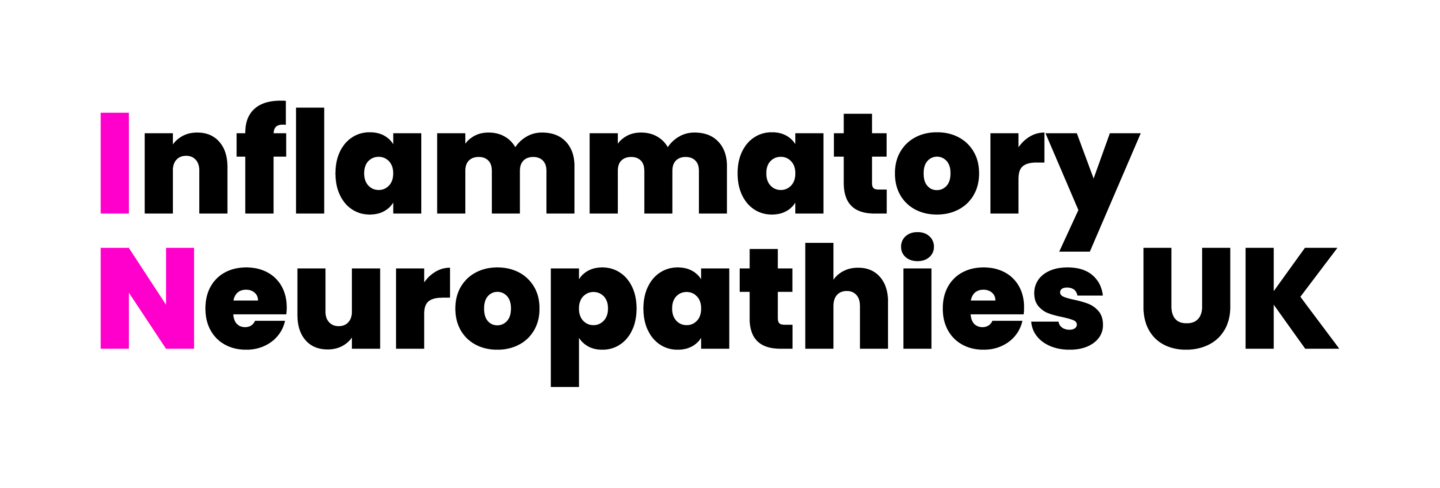Living with CIDP, What Happens if you need Hospitalised, Support and Rehab, and General Prognosis
Not everyone with CIDP will require a stay in hospital, but if CIDP comes on very rapidly, presenting more like GBS, it may be necessary to be admitted to ICU for a time. As this won’t apply to them majority of people diagnosed with CIDP, more information about ICU is available on a separate information sheet.
Hospital
If you do require a stay in hospital, you’ll be closely monitored to check for any problems with your lungs, heart or other body functions. You’ll also be given treatment to relieve your symptoms and reduce the risk of further problems. This may include:
- a ventilator if you’re having difficulty breathing
- a feeding tube if you have swallowing problems
- painkillers if you’re in pain
- being gently moved around on a regular basis to avoid bed sores and keep your joints healthy
- a thin tube called a catheter in your urethra (the tube that carries urine out of the body) if you have difficulty peeing
- laxatives if you have constipation
- medicine and/or special leg stockings to prevent blood clots
Once you start to improve, you may also need extra support to aid your recovery.
Depending on the severity of symptoms, and how well they respond to treatment, you may need help with everyday tasks, your home may need adaptations, or you may need a care package in place.
Support and Rehabiliation
If you do need time in hospital, you may require some form of rehabilitation before returning home, to help you regain strength, dexterity and mobility. This could be within a rehabilitation unit in the hospital, or you may be transferred to a specialist rehab unit elsewhere.
You may also be offered psychological support, as a potentially life-changing illness such as CIDP or another chronic inflammatory neuropathy can also severely impact your mental wellbeing.
General Prognosis
Treatment of CIDP is usually very effective with about 80% of new cases having a dramatic response to therapy. Although some patients go into a long-term remission after a short course of treatment, many require long term treatment of one form or another. Drug treatments are generally thought to work by suppressing the autoimmune response, which in turn reduces the disabling symptoms of the disease.
Welcome to our CIDP Information Hub.
Here we breakdown what is happening to you or a loved in simple but proper terms. Our information is sourced from our Medical Advisory Board, medical texts, and recognised support providers.
If you have any questions after reading this that you feel haven’t been answered. Please get in touch with us, we will strive to point you in the right direction.
What is CIDP?
We discuss the basics of GBS – what it is, the symptoms, and information on Acute onset CIDP (A-CIDP)
How is CIDP Treated?
We cover Immunoglobulin, Plasma Exchange, Corticosteroids, and is there a “cure”?
What Family & Friends Can Do To Help if Someone is in Hospital?
We cover communication, Mental Stimulation, Financial Worries, Comfort, Coming off a Ventilator, and Staying Positive
What is the advice surrounding vaccinations and CIDP?
Containing information on vaccinations via our Medical Advisory Board and sourced journals.
Mental Health & Wellbeing, Relationships, and Carer Support
Contains information on how to care for your mental health. We also discuss relationships, before a section on looking after yourself as a carer
What Are The Causes of CIDP?
How will I get diagnosed by my Doctor, Nerve Tests, and Lumbar Punctures
Returning to Work
When someone is ready to return to work after an absence, the employer should have a procedure they follow.
You can check your workplace’s absence policy for this. Your workplace might have a policy for meeting with employees after absences.











